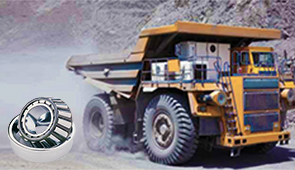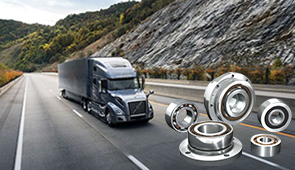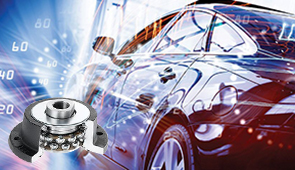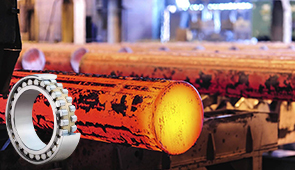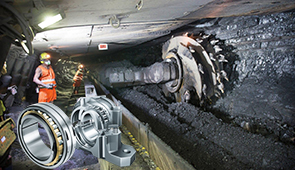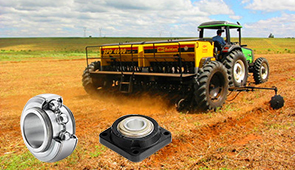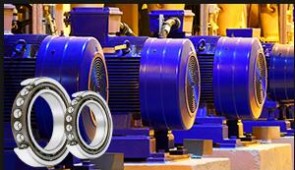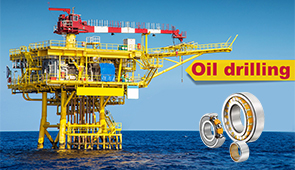how much to replace wheel bearing
The cost of replacing a wheel bearing depends on the type of car you own and the severity of the problem. For example, if you have a worn or damaged bearing, it may cost less to replace it than to have it repaired. If your bearings are simply showing signs of wear, they can be resurfaced or replaced at minimal cost.
The average price for a wheel bearing replacement is $200-$300 per side. The labor costs will vary depending on how many hours the mechanic has to spend on each side of the car. However, if you’re replacing just one bearing, expect to pay around $300 for parts and another $150 for labor.
A wheel bearing basically helps your wheels spin smoothly and quietly while they’re attached to the axles.
A wheel bearing is a device that allows the wheel to spin freely on an axle, while also reducing friction. The wheel bearings are located inside the hub of the wheel and the axle. These bearings help your vehicle move smoothly over rough terrain and make it possible for you to maneuver quickly in tight spaces.
Wheel bearings are typically made from steel or some other durable material that can withstand the high temperatures generated by the friction between moving parts. They may also contain grease or oil, which helps lubricate them so they run smoothly. It is important to inspect your wheel bearings regularly, since they may become damaged if they are not taken care of properly.
Wheel bearings are fairly simple devices that consist of two main parts: a cylindrical roller or ball that fits inside a race (a precision-machined groove) and supports its weight; and an outer ring that supports the inner race and acts as a raceway for the roller or ball. The inner ring is attached to one end of an axle shaft; the outer ring is attached to a hub flange on each side of the axle shaft.
The signs that you need to replace your wheel bearings include growling or grinding noises, a rough ride, unusual shaking, and increased friction.
If you have any of the following signs, you probably need to replace your wheel bearings:
Growling or grinding noises. The sound is caused by metal-on-metal contact between the axle and the hub. It may be subtle at first but will become more noticeable as time goes on.
Rough ride. A rough ride can be caused by a bent wheel or damaged suspension components, but it’s also a symptom of worn bearings.
Unusual shaking. This symptom occurs when the wheel doesn’t spin smoothly because one side of the bearing is loose or damaged. The car may vibrate or shake slightly as you drive over bumps or potholes in the road. You might also feel vibrations through your steering wheel while driving over bumps and potholes on uneven roads.
Increased friction. Your wheels will spin more slowly than they should if there’s too much friction inside the bearings. This causes them to wear out prematurely and makes them prone to overheating as well as premature failure due to stress fractures caused by heat buildup from excessive friction force from an undersized bearing running at high rpm speeds for extended periods of time (such as during highway driving).
When you need to replace your wheel bearings, it’s typically around $300 for each of the front tires and $200 for each of the rear tires.
If your car’s wheel bearings are worn out or damaged, it can cause a variety of problems. You may notice that your car is pulling to one side when you drive, or that the steering wheel has a lot of play in it. In addition to these steering issues, you might also hear a clicking sound as you drive over bumps in the road.
The first step to diagnosing this problem is to take your vehicle to an auto repair shop and have them examine the problem with a computerized scan tool. They will be able to determine if your wheels are out of alignment or if there is anything blocking their movement. If they find that there is nothing wrong with your alignment or suspension system, then they can move on to checking other parts of the vehicle.
once they have eliminated these possibilities, they will look at the wheel bearings themselves. If it turns out that you do need new ones installed, then it will cost around $300 for each front tire and $200 for each rear tire.
The parts tend to cost about $50 on average for a front tire and about $20 on average for a rear tire.
There are several reasons why tires are so expensive. First, they’re made of rubber, which is a natural material that has been around since ancient times. Second, there are many different kinds of tires to choose from — like all-season, all-terrain, performance and others — and each type requires different manufacturing processes. Third, tires are designed to be durable and last a long time.
Tires have been around for centuries, but the modern version of them was first invented by Michelin in 1888. The first car that used tires was built by Karl Benz in 1885; he used solid rubber tires mounted on wooden wheels.
Labor costs are often quoted at around $100 per hour, with most mechanics taking about two hours to do the job.
The labor rate for a transmission replacement job can vary from shop to shop and from mechanic to mechanic, but estimates range from $300 to $500 per hour. However, some mechanics may charge less than this amount for an automatic transmission replacement or a manual transmission replacement. Additionally, some facilities may offer discounts for customers who pay for their services in cash rather than using credit cards or other methods of payment.
Labor charges also depend on whether or not you need additional work done during your visit. If you need more than just your transmission replaced, the cost of labor may be higher because it requires more time and effort on behalf of the mechanic performing the job.
Replacing Wheel Bearings is important to keep your car driving smoothly.
Replacing Wheel Bearings is important to keep your car driving smoothly. If you hear a clicking or grinding sound when you turn your steering wheel, it may be time to replace your front wheel bearings.
The wheel bearing is a small metal cup that sits between the hub and the steering knuckle on each wheel. The bearings allow the wheels to turn without friction and they reduce vibration while driving.
During normal driving, these bearings are often exposed to dirt, grit, water and salt which can cause them to fail prematurely. Regular maintenance and inspection can help prevent premature failures by identifying worn or damaged bearings before they become too damaged to use again.
Average Cost for a Wheel Bearing Replacement. The cost of replacing a wheel bearing will vary depending on where you live and where you have the replacement done. However, on average, the cost to replace a wheel bearing is around $330.
UCTH213-40J-300 with Setscrew(inch)
CNSORDERNO: Normal-duty(2)
TOGN: UCTH213-40J-300
SDI: B-R1/8
SD: 2 1/2
UCTH212-39J-300 with Setscrew(inch)
CNSORDERNO: Normal-duty(2)
TOGN: UCTH212-39J-300
SDI: B-R1/8
SD: 2 7/16
UCTH212-38J-300 with Setscrew(inch)
CNSORDERNO: Normal-duty(2)
TOGN: UCTH212-38J-300
SDI: B-R1/8
SD: 2 3/8
UCTH212-36J-300 with Setscrew(inch)
CNSORDERNO: Normal-duty(2)
TOGN: UCTH212-36J-300
SDI: B-R1/8
SD: 2 1/4
UCTH211-35J-300 with Setscrew(inch)
CNSORDERNO: Normal-duty(2)
TOGN: UCTH211-35J-300
SDI: B-R1/8
SD: 2 3/16
UCTH211-34J-300 with Setscrew(inch)
CNSORDERNO: Normal-duty(2)
TOGN: UCTH211-34J-300
SDI: B-R1/8
SD: 2 1/8









